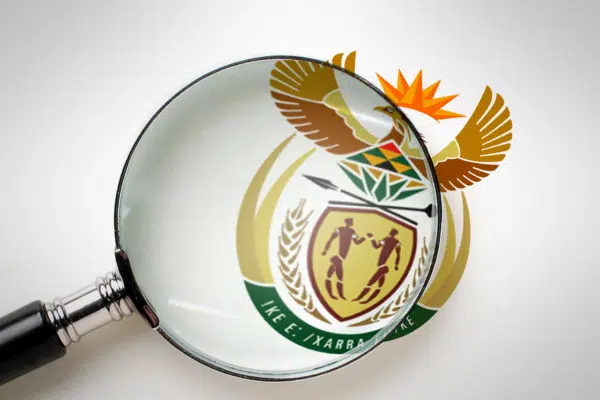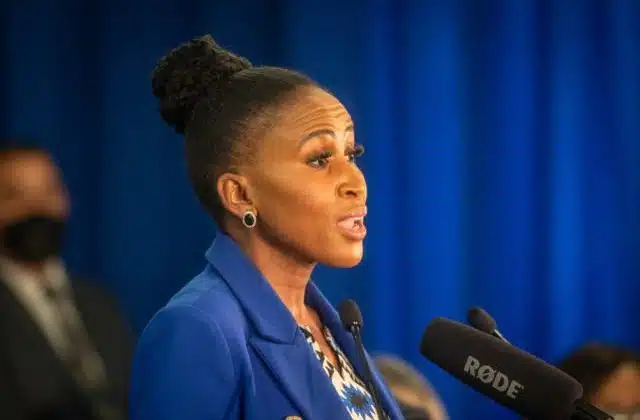
Blow to full reopening of schools in South Africa: report
Thousands of schools across South Africa will not be able to resume full-time classes on Monday (2 August), as they do not meet the physical distance requirements for learners and staff, the Sunday Times reports.
While all government schools reopened on 26 July as part of the country’s move to an adjusted level 3 lockdown, the basic education department had also instructed primary schools (Grades R – 7) to prepare for the return of full-time teaching on 2 August.
Since South Africa first introduced Covid-19 lockdown restrictions at the end of March 2020, most students are learning in a ‘shift system’ – with a large amount of coursework still expected to be done at home to encourage social distancing.
However, data shows that this system has not been an adequate replacement for full-time learning, with students falling behind on the curriculum by almost an entire year.
Alongside other measures, schools were instructed to introduce physical distancing measures of 1.5 metres to accommodate the return of all learners. However, this was later revised down to just one metre to accommodate limited spacing.
Despite this revision, thousands of schools have indicated that they cannot reopen due to overcrowded classrooms.
As many as 894 primary schools have told the Western Cape provincial education department that they cannot accommodate all pupils on a daily basis, the Sunday Times said.
In Gauteng, the education department told principals last week that 507 township schools would not be able to receive all pupils if they adhered to the one metre rule.
The basic education department informed teacher unions and a principals’ association on Saturday that “full capacity schooling” should continue even if schools are not able to maintain one metre physical distancing between pupils in a class.
This was the advice given to the department by the Ministerial Advisory Committee (MAC).
Teacher unions have said that all primary school pupils need to return to daily timetabling because they have fallen behind with the curriculum.
Lost teaching time
The impact of disrupted education since the Covid-19 outbreak has been devastating, with learners between 75% and a full school year behind where they should be, according to data from the latest National Income Dynamics Coronavirus Rapid Mobile Survey (NIDS-CRAM).
Rotational attendance, sporadic school closures and days off for specific grades, have resulted in school children losing 54% of learning time.
Some 400,000 to 500,000 learners have reportedly also dropped out of school altogether over the past 16 months. This is most likely for children living in informal urban and rural settings, with household poverty also playing a critical role. The total number of out of school children is now up to 750,000, said UNICEF South Africa.
“The reality is that South Africa cannot afford to lose another learner or another hour of learning time,” said Christine Muhigana, UNICEF South Africa representative. “It is urgent that we get every child back into the classroom, safely, now,” Muhigana added.
Being out of school not only leads to learning loss but mental distress, exposure to violence and abuse, missed school-based meals and reduced development of social skills.
In the longer-term, the skills needed to transition into working lives will be affected. Evidence also shows that when children are out of school, women are twice as likely to take on childcare responsibilities, affecting their ability to work or search for work.
The switch to blended learning, following the Covid-19 outbreak, was quick and included rotational classes, as well as access to online, radio and TV educational resources.
“Remote learning has been a lifeline for some children but for the most vulnerable in South Africa, even this was out of reach,” said Muhigana. Access to the devices, data and skills necessary to navigate online resources are simply not possible for many children. “We need to ensure that we prioritize vulnerable girls and boys in all our efforts to keep children in classrooms,” added Muhigana.
The education system can’t afford any further shocks, such as the recent unrest which resulted in more than 140 schools being vandalized in KwaZulu-Natal and Gauteng. This comes on the back of the more than 2,000 schools that were looted and damaged during the hard Covid-19 lockdown last year, UNICEF said.



